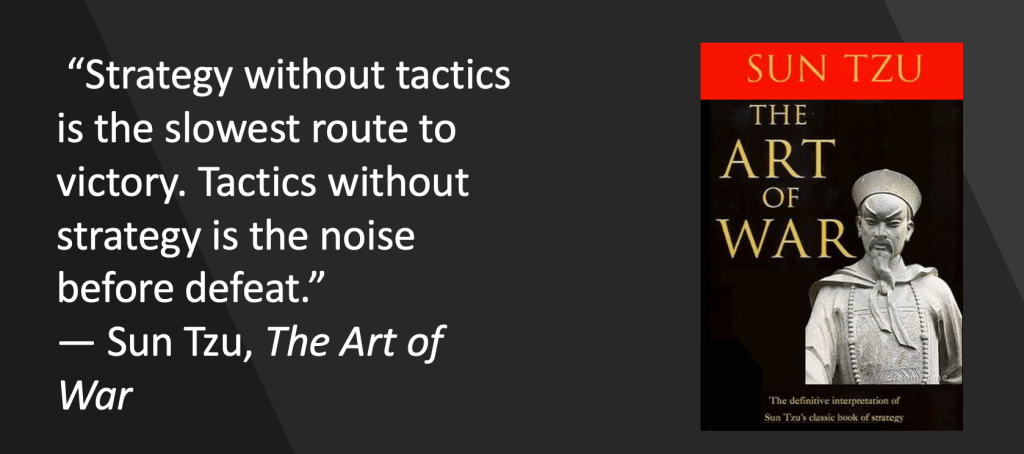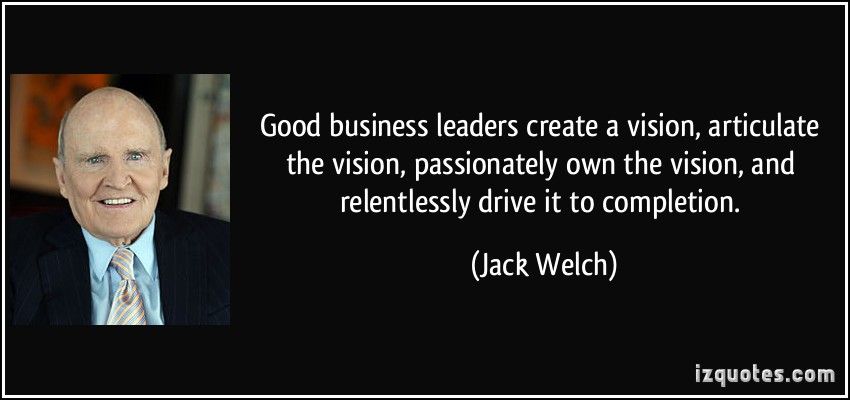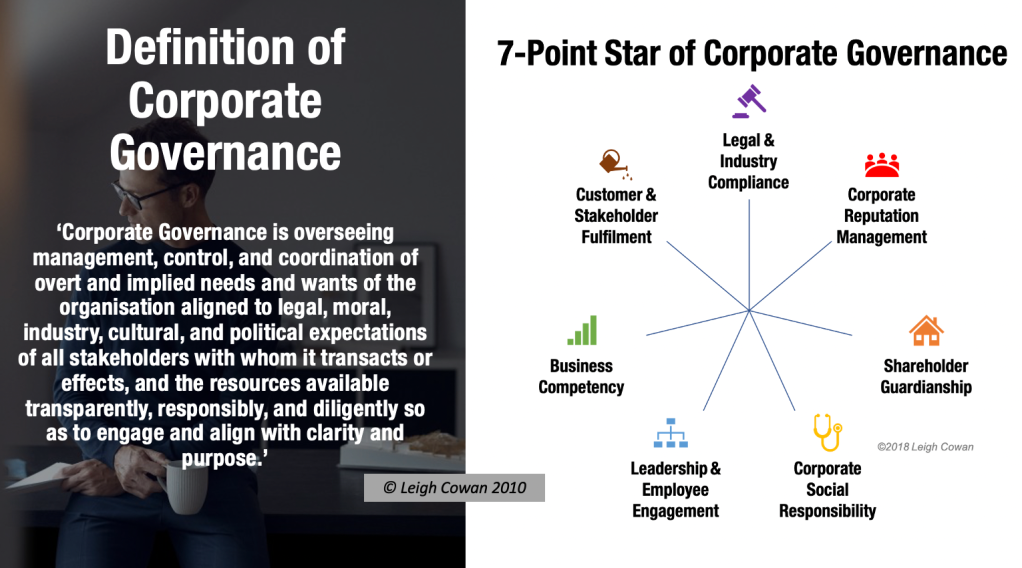The mysteries of business success and the elixir that provides the true path to business immortality have habitually eluded Fitness First.
From Sun Tzu’s “Art of War” up to and beyond Napoleon Hill’s “Think Big and Grow Rich”, there have been observations and commentaries, offerings and methodologies, for individuals, groups of people, organisations and even countries to achieve lofty ambitions but the old adage, “Those who ignore the lessons of history are bound to repeat them” may be the epitaph for Fitness First when it ultimately abandons its endless struggles.

Fitness First is not alone. Organisations that reject, ignore, or don’t properly understand The Marketing Concept, organisations that could succeed, mismanage all the time!
Unlike say, Amazon, which embraces the Marketing Concept, it is almost absolutely certain that inappropriately appointed executives, will persevere with their addiction to operational tactics in the absence of genuine strategic guidance. Always perpetuating the myth, “the greater the ambition, the greater the chance for failure”!
Traditional Missing Steppingstones
Many organisations forget key processes, the missing stepping stones that are necessary, and the reasons why so many entrepreneurial business efforts fail. Fitness First is trapped in the same hamster wheel.
Fitness First Australia, have avoided key stepping stones, tripping over stumbling blocks, common and known in the evolution of business, routinely-seen mistakes that repeatedly lead to failure in attempts to reach the stars.
The Barriers to Market Dominance:
- Organisational imbalance – overconfidence and under-competence of leadership as a result of an imbalance in the hierarchies of marketing and the hierarchies of management.
- The inability of leadership to understand and coordinate the eight Ps of marketing.
- Underlying imperfection in the development of fully functional and well-thought-out strategic guidelines.
- The inability of operational executives to really formulate operational planning that is in theme.
- Lack of dedication and balance of thought in the MEVPIV (mission, ethos, vision, purpose, intent and values), manifesting itself in inappropriate and divisive corporate governance; providing an inconsistent and unsustainable standard of corporate governance that exacerbates the development of and commitment to a MEVPIV that can nurture the corporate immortality that is perceived to be possible.

Commandeering any chance of their lofty ambition for IPO, Fitness First appears to have demonstrated a completely devoid understanding of the people element. When the Heathland group first corporatized gyms in the acquisition of key major sites in high-population areas, they appointed operational players. Ex-aerobics teachers, show ponies, pioneers, and cowboys from a community of fitness devoted ambitious and confident… almost all lacking any tertiary business qualifications or commercial prowess.
Through and continuing to operate in the absence of strong, clear, concise, and well-communicated strategic guidelines, with an amateur approach to human relations, a sales-driven focus on new business and disregard for the lifetime value of the customer, ignorance towards market research and corporate arrogance so repelling that devotees simply walked away.
Fitness First has failed to follow sophisticated patterns and approaches. Despite holding a market leader position, they have failed to behave like a market leader. Fitness First has failed to consider their industry life cycle. Fitness First has failed to undertake and analyse market segments and trends.
The time was right 25 years ago to list. Now, I’m not so sure, it would take mammoth internal change and further investment that would interfere with showing a healthy bottom line for at least three years.
Fitness First executives scoffed when they were warned, in a 1999 industry presentation of the rise of corner gyms, such as Anytime, 24-Plus, Snap Fitness and others, that would fragment the industry unless FF took preventative steps. Too much incompetency, too much corporate arrogance, and too much complacency… symptoms of corporate cancer, have built a wall too high to escape now.
What holds for this organisation’s future is now a real challenge in management, strategy and creative thinking, but not without the discipline of commercial acumen, which might still be beyond the FF team.
